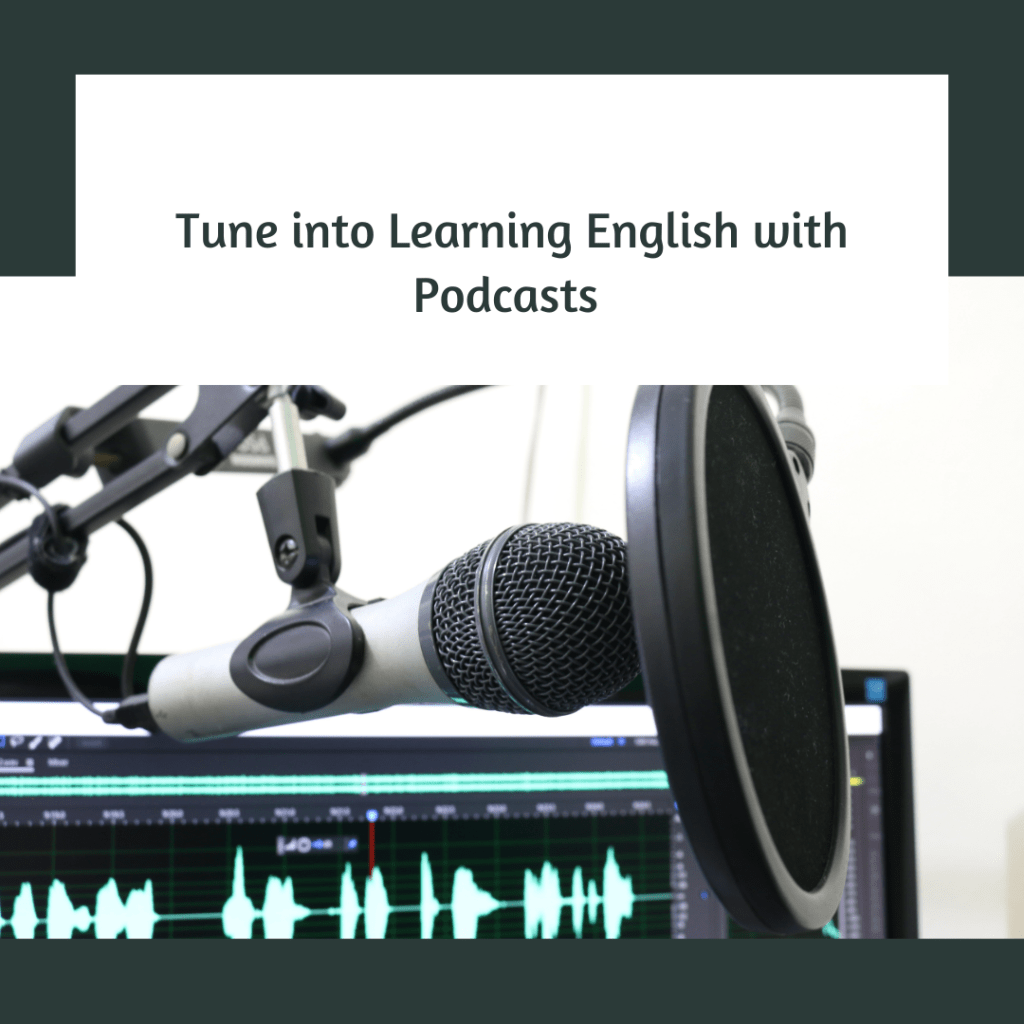When I see someone with earphones, I assume they are listening to music. I think it’s normal for someone from “Walkman” generation. However, music is not always the choice for teenagers. I’ve noticed recently that lots of young people are also listening to podcasts while walking, commuting, cooking, or drinking something so why shouldn’t we consider using podcasts in our classes. Then let’s explore how the potentials of podcasts to enrich language learning experiences.
I want to begin with why we should consider using podcasts in ELT.
- Podcasts are authentic language Input. Podcasts feature authentic, real-world language usage, helping students develop their listening and comprehension skills. By exposing learners to various accents, dialects, and communication styles, podcasts prepare them for effective communication in the globalized world.
- They are great for listening practice. Listening comprehension is a fundamental language skill, and podcasts provide loads of opportunities for students to practise the skill with a context they are interested in.
- Podcasts expose students to a wide range of vocabulary in context. New words and expressions are introduced naturally, helping learners expand their vocabulary.
When choosing podcasts for your ELT classroom, we should consider some factors. I may list a few of them as follows but you can add more:
- Relevance: Select podcasts that interests your students Choose content that is engaging and age-appropriate for your students.
- Language Level: Make sure the language level is not intimidating and discouraging your students.
- Look for podcasts that provide transcripts. Transcripts may help learners understand better.
Once we have chosen the podcast for our class, we can follow these steps to design our lesson.
- Pre-listening Activities: Before playing the podcast, introduce the topic, vocabulary, and concepts that will be covered.
- Active Listening Tasks: While listening, engage students with active tasks. This could include listening for specific information, taking notes, or answering comprehension questions.
- Post-listening Activities: After listening, encourage students to discuss the podcast, share their opinions, or work on language-focused activities like vocabulary exercises or summarizing the content.
- Homework and Self-study: Encourage students to explore more episodes of the podcast on their own time. This fosters independent learning and a genuine interest in the language.
You can check these podcasts on Spotify.
- All Ears English Podcast
- 6 Minute English BBC
- The English We Speak BBC
- TED Talks Daily
- Better at English
- Culips Everyday English Podcast
- Plain English: Learn English on Spotify

